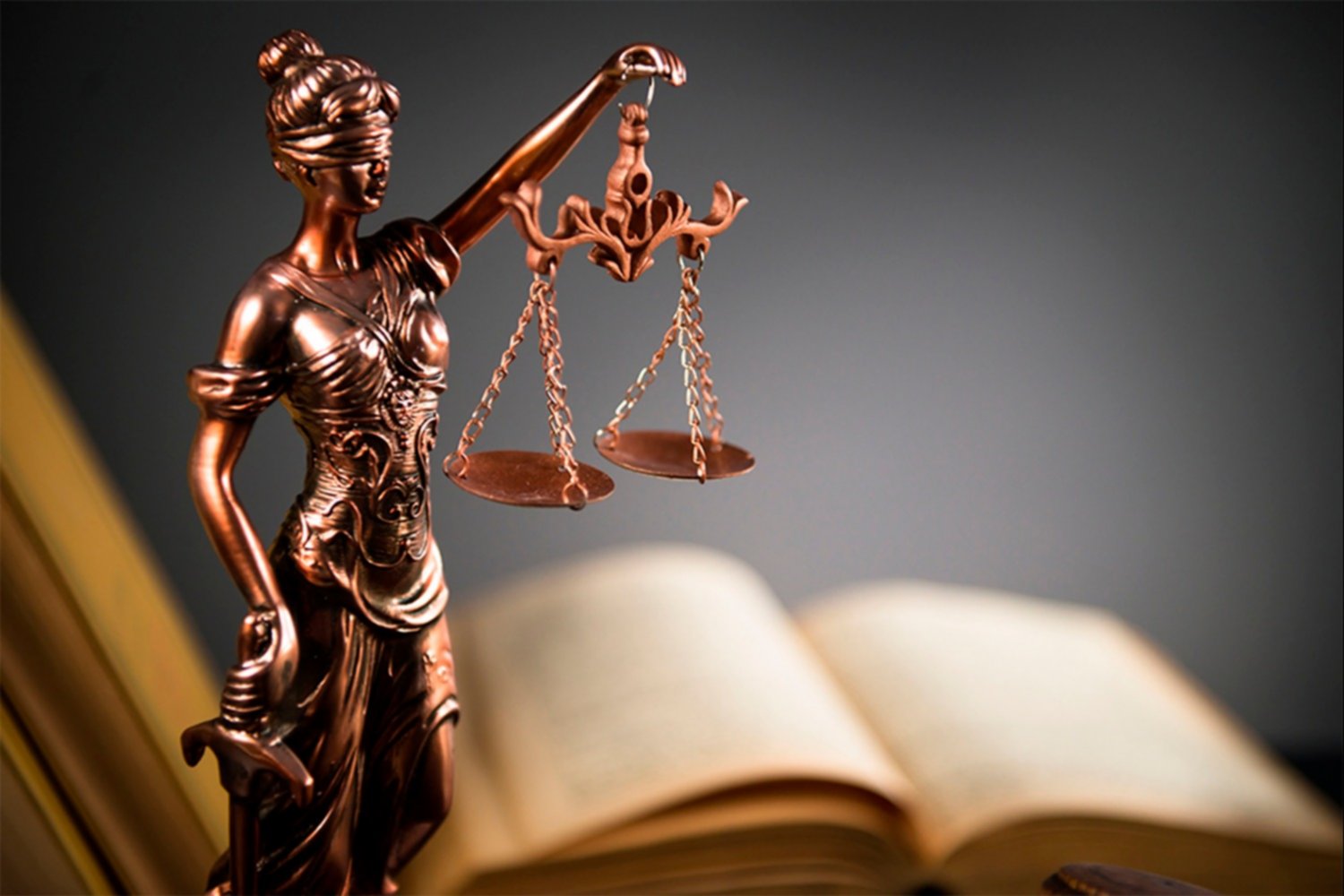[ESP]
¡Bienvenidos a una nueva reflexión sobre la filosofía política!
Hoy abordaremos uno de los conceptos más influyentes del siglo XX: la teoría de la justicia como equidad de John Rawls. Este pensador estadounidense revolucionó la forma en que entendemos la justicia, proponiendo un modelo basado en principios universales y la imparcialidad.
📘 ¿Qué plantea la teoría de la justicia como equidad?
Rawls introduce una idea innovadora para estructurar una sociedad justa: establecer principios de justicia a través de un contrato social hipotético en condiciones de igualdad.

🔑 Principios fundamentales:
1️⃣ Libertad igual para todos:
Cada individuo tiene derecho a un conjunto básico de libertades fundamentales, como la libertad de expresión, de pensamiento y de asociación.2️⃣ Desigualdades justificadas:
Las desigualdades económicas o sociales son aceptables solo si benefician a los menos favorecidos (principio de diferencia) y están vinculadas a posiciones accesibles para todos en igualdad de condiciones.
🎭 La "posición original" y el "velo de la ignorancia"***
Rawls introduce dos conceptos clave para asegurar imparcialidad al elegir principios de justicia:
Posición original: Una situación hipotética en la que las personas acuerdan los principios de justicia sin conocer su posición en la sociedad.
Velo de la ignorancia: Los participantes no saben su género, clase social, talentos, ni su lugar en la sociedad, asegurando que las decisiones sean justas para todos.
Estas herramientas eliminan los sesgos personales y garantizan la equidad al diseñar las reglas sociales.
✨ Impacto y críticas de la teoría de Rawls
Impacto positivo:
La teoría de Rawls ha sido fundamental para los debates sobre políticas públicas, derechos humanos y redistribución económica.
Ofrece una base ética sólida para estructurar sociedades democráticas.
Críticas:
Algunos filósofos, como Robert Nozick, argumentan que la teoría de Rawls limita excesivamente la libertad individual.
Otros critican la aplicabilidad práctica del "velo de la ignorancia".
🚀 Reflexión final
La teoría de Rawls nos invita a repensar cómo construimos nuestras sociedades. ¿Qué principios guían nuestras decisiones colectivas? ¿Estamos priorizando la equidad y el bienestar de todos?
📢 Cierre de la publicación
¡Gracias por explorar conmigo este fascinante tema de justicia y equidad! ⚖️ Espero que esta introducción a la teoría de John Rawls inspire nuevas reflexiones sobre la ética y la política. Si tienes dudas o ideas, ¡compártelas en los comentarios! 📝
🔔 No te pierdas nuestras próximas publicaciones, donde profundizaremos en más teorías filosóficas y su impacto en el mundo contemporáneo. 🌐
🤝 Únete a nuestra comunidad para debatir y enriquecer tu comprensión sobre filosofía y justicia. 💬
📷 ¿Cómo entiendes la justicia en tu entorno? ¡Comparte tus ideas o ejemplos! 🛠️
🌟 Sigue explorando y reflexionando: juntos podemos construir una sociedad más justa y equitativa. 🚀✨
¡Hasta la próxima! 🌱
[ENG]
Welcome to a new reflection on political philosophy!
Today we will address one of the most influential concepts of the 20th century: John Rawls' theory of justice as fairness. This American thinker revolutionized the way we understand justice, proposing a model based on universal principles and impartiality.
📘 What does the theory of justice as fairness propose?
Rawls introduces an innovative idea to structure a fair society: establishing principles of justice through a hypothetical social contract under conditions of equality.

🔑 Fundamental principles:
1️⃣ Equal freedom for all:
Every individual has the right to a basic set of fundamental freedoms, such as freedom of expression, thought and association.2️⃣ Justified inequalities:
Economic or social inequalities are acceptable only if they benefit the least favored (difference principle) and are linked to positions accessible to all on equal terms.
🎭 The “Original Position” and the “Veil of Ignorance”***
Rawls introduces two key concepts to ensure impartiality when choosing principles of justice:
Original Position: A hypothetical situation in which people agree on principles of justice without knowing their position in society.
Veil of Ignorance: Participants do not know their gender, social class, talents, or place in society, ensuring that decisions are fair to all.
These tools eliminate personal biases and ensure fairness when designing social rules.
✨ Impact and Criticisms of Rawls' Theory
Positive Impact:
Rawls' theory has been fundamental to debates about public policy, human rights, and economic redistribution.
It offers a solid ethical basis for structuring democratic societies.
Criticisms:
Some philosophers, such as Robert Nozick, argue that Rawls' theory excessively limits individual freedom.
Others criticize the practical applicability of the "veil of ignorance."
🚀 Final reflection
Rawls' theory invites us to rethink how we build our societies. What principles guide our collective decisions? Are we prioritizing equity and the well-being of all?
📢 Closing the post
Thank you for exploring this fascinating topic of justice and equity with me! ⚖️ I hope this introduction to John Rawls' theory inspires new reflections on ethics and politics. If you have questions or ideas, share them in the comments! 📝
🔔 Don't miss our next posts, where we will delve into more philosophical theories and their impact on the contemporary world. 🌐
🤝 Join our community to discuss and enrich your understanding of philosophy and justice. 💬
📷 How do you understand justice in your environment? Share your ideas or examples! 🛠️
🌟 Keep exploring and reflecting: together we can build a more just and equitable society. 🚀✨
Until next time! 🌱
Great summary of Rawls’ theory of justice! I agree it’s a strong ethical framework, but I also see why some people question its practicality
Thank you for your thoughtful comment! 😊 I'm glad you enjoyed the summary of Rawls’ theory of justice. I agree—it’s a compelling ethical framework that sparks deep discussions. The critique about its practicality is definitely valid, especially when we try to apply the 'original position' and 'veil of ignorance' to real-world complexities.
If you’d like, we could delve into those practical challenges in a future post or explore how different philosophers have responded to them. I’d love to hear your thoughts on which aspects you find most challenging or perhaps even solutions you might propose! 🚀💡